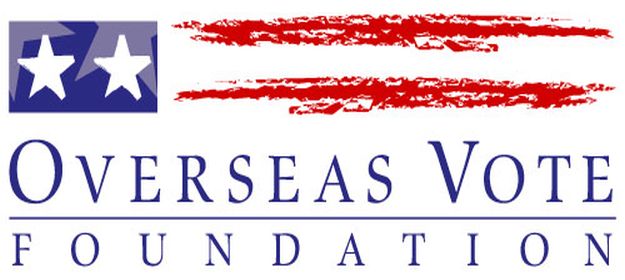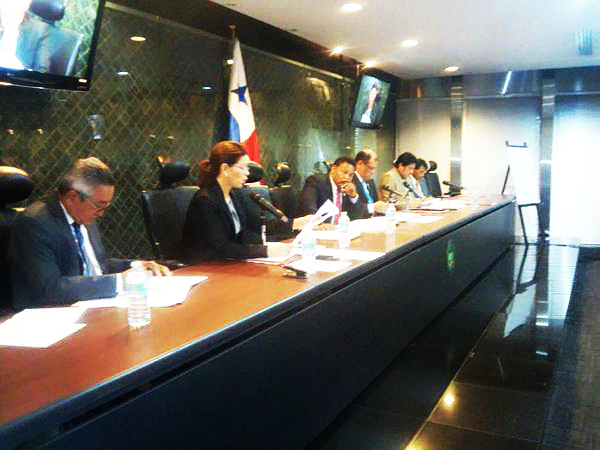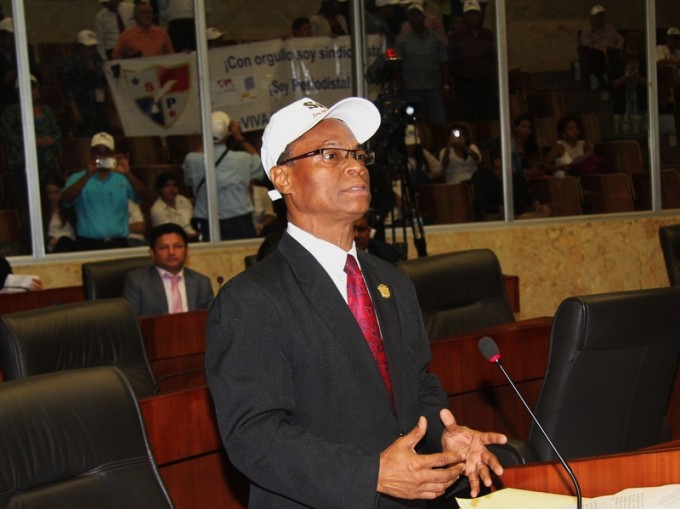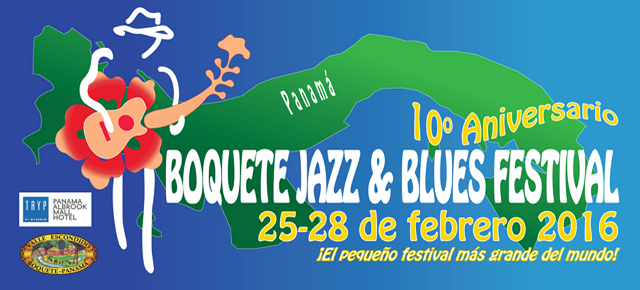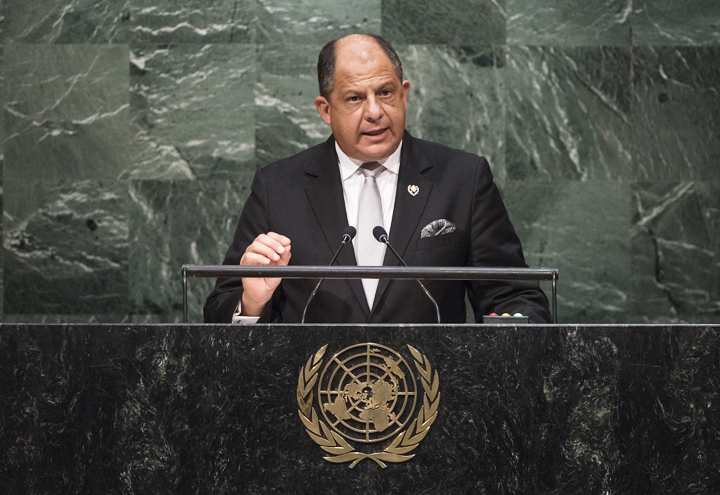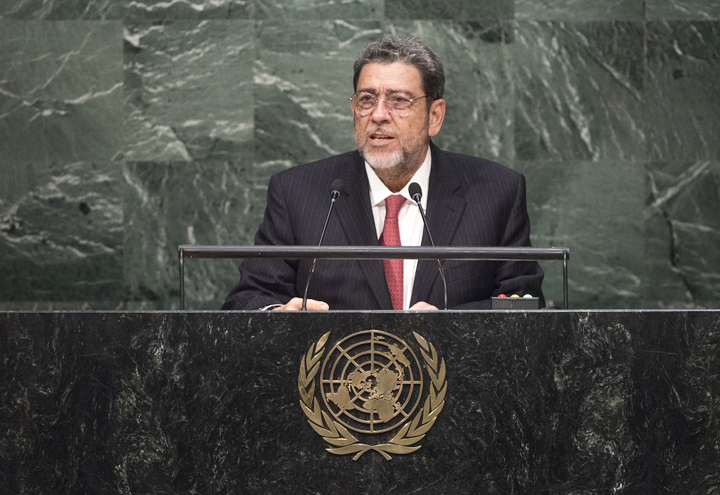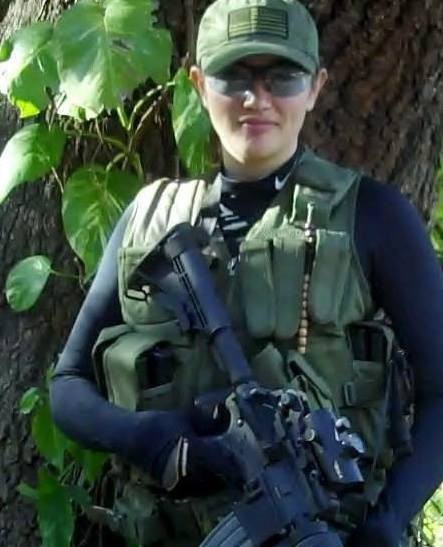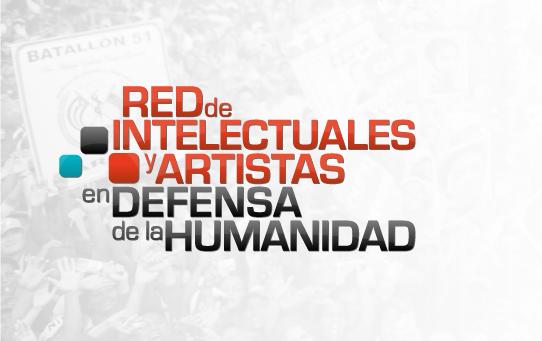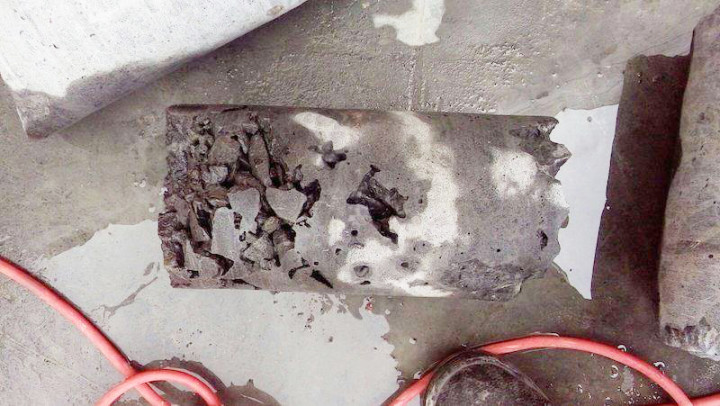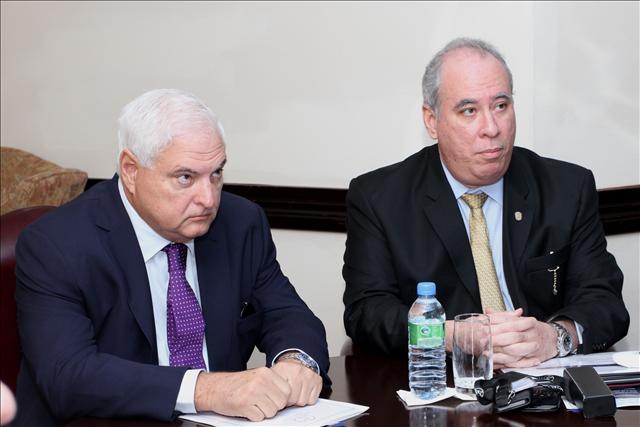
Ayú Prado, under tremendous public pressure, bows out as the judge in the high court criminal proceedings against Ricardo Martinelli over a Financial Pacific affair that’s likely to blow up into several known and new directions
The end of a move more brazen than Panamanians tolerate these days
by Eric Jackson
Right. When he was attorney general José Ayú Prado allegedly made an in-person intervention to coerce an incarcerated key witness in the Financial Pacific case, Mayte Pellegrini, to retract her statements implicated then President Ricardo Martinelli in the Financial Pacific scandal. Shortly thereafter Martinelli appointed Ayú Prado as a Supreme Court magistrate. After the collapse of Martinelli’s proxy re-election plans and the start of serious investigation, witnesses and documents have corroborated Pellegrini’s statements that Ayú Prado had suppressed and criminal proceedings against Martinelli over the Financial Pacific matter are pending before the Supreme Court. So Ayú Prado’s colleagues, most of them fellow Martinelli appointees, made Ayú Prado the judge in that case. The magistrate vehemently denied any conflict of interest. The formal investigation unstarted, he belittled the scandal as a small matter of just one bank account. And virtually all of Panamanian society demanded that he step away from the case.
Ayú Prado is one of General Noriega’s old prosecutors and may truly have not understood the fuss. But most Panamanians are too young to remember the dictatorship and those who are not mostly want to see the open amorality of government in those times relegated to the past. Polls show that a huge majority of Panamanians wants to bring Ricardo Martinelli to justice and that an even larger percentage of the nation disdains the Supreme Court. If the magistrates got it about the confluence of public opinion and traditionally stated judicial norms about conflicts of interest, they pretended not to when they designated Ayú Prado as the judge in the Financial Pacific case. But after a great hue and cry — one without street demonstrations or much shouting, but of statements of condemnation from almost every quarter of Panamanian society — on October 8 Ayú Prado asked his colleagues to allow him to recuse himself from the case and they by a 7-1 vote consented.
Luis Mario Carrasco, the suplente for Martín Torrijos appointee Jerónimo Mejía, was designated as the replacement for Ayú Prado to act as judge. Carrasco was the one vote against allowing Ayú Prado to recuse himself. Remaining on the case to act as investigating prosecutor is Martinelli appointee Hernán De León.
As a parting shot, Ayú Prado moved that the Financial Pacific case be tried under the old inquisitory system of criminal procedure, based on that argument that everything that is to be investigated happened in 2009 and 2010, before the current accusatory procedure went into efect. That matter is yet to be decided, but what it could mean is that most of the Financial Pacific scandal — the High Spirit account of which Pellegrini first spoke, the November 2012 disappearance of Securities Market Superintendency SMV) analyst Vernon Ramos while he was investigating Pellegrini’s statements, 2012 obstructions of justice in the case by the now imprisoned former high court magistrate Alejandro Moncada Luna and by Ayú Prado, the insertion of now imprisoned Banco Universal loan officer Ignacio Fábrega into Financial Pacific to act as a mole who says he reported to Martinelli and then Tourism Minister and key political operative Salomón Shamah about SMV investigations involving Martinelli, allegations that Martinelli and Shamah bought secret stakes in the brokerage house, the stabbing on the street of Ramos’s successor in the SMV investigation Gustavo Gordón and the apparent tandem roles of Financial Pacific and Banco Universal as money laundering mills and public corruption clearinghouses — would be excluded from the possibility of investigation as part of the Martinelli case regardless of whether evidence in a more narrow probe came to point at the ex-president in any of these matters. Neither the accusatory nor the inquisitory rules of criminal procedure serve to limit the scope of a criminal investigation in this way.
In a series of terse statements earlier this year, the founder of Panama’s Bolsa de Valores securities exchange, Roberto Brenes, suggested a number of things about the scope of the Financial Pacific case. He thinks that the performance of the government’s anti-money laundering Financial Analysis Unit (UAF) ought to be examined. He said that if the case if fully understood, there will likely be “a domino theory.” Although courts and law enforcement have dismissed the Ramos disappearance and Gordón’s stabbing as mysterious and probably random events in an often violent society, Brenes puts them squarely within the context of the Financial Pacific scandal. He said that money laundering and bribery cases were most likely central features of what went on at Financial Pacific.
Actually, it may well be worse than what Brenes lets on. Already a man was arrested for breaking into and erasing Financial Pacific computer files when the brokerage was under SMV intervention. Martinelli’s brother-in-law Aaron Mizrachi was both part of the High Spirit account through which insider trades in Petaquilla gold mining stock were conducted and was a key player in Martinelli’s acquisition of hardware, software and expertise for the former president’s illegal electronic eavesdropping and computer hacking operations. In and around Financial Pacific were Martinelli-assisted land grabbers who through questionable hydroelectric dam projects and other schemes dispossessed rural and urban communities with little or no compensation for those driven from their homes. Financial Pacific invested in foreign-run Ponzi schemes. There are many links between Financial Pacific and Banco Universal, many links between that bank and acts of public corruption during the previous administration and a cast of characters the reaches into some of Panama’s richest and most powerful families — some of whom are also intimately tied to Panama’s other stock brokerages. This then leads to questions about the Bolsa de Valores itself — how is it that we have a securities market where there is so little relationship between the prices of stocks and bonds and the values that underly them? A domino effect, indeed. It probably is not just Ricardo Martinelli who wants a severely limited Financial Pacific criminal investigation.

